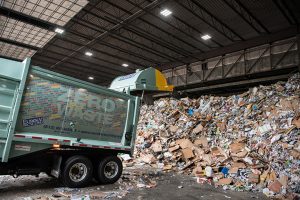 To understand the vision that guides Eureka Recycling, look no further than the very building the organization uses for materials processing.
To understand the vision that guides Eureka Recycling, look no further than the very building the organization uses for materials processing.

 To understand the vision that guides Eureka Recycling, look no further than the very building the organization uses for materials processing.
To understand the vision that guides Eureka Recycling, look no further than the very building the organization uses for materials processing.
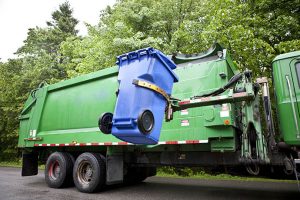
MRF operators are increasing their labor forces and installing additional sorting equipment in response to Chinese restrictions on scrap imports. At the same time, a standard ton of single-stream recyclables in the U.S. has dropped in value by roughly 50 percent in recent weeks.
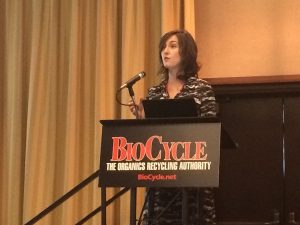
Ashley Zanolli of Oregon DEQ speaks at REFOR 2017.
In recent years, efforts out of Oregon have helped set the national pace on topics such as sustainable materials management and recycling metrics. Now, the state is beginning to do the same when it comes to food waste – or, more precisely, wasted food.

The nation’s largest glass beneficiation company caught the attention of a private investment firm, which announced last week it will acquire the operation.
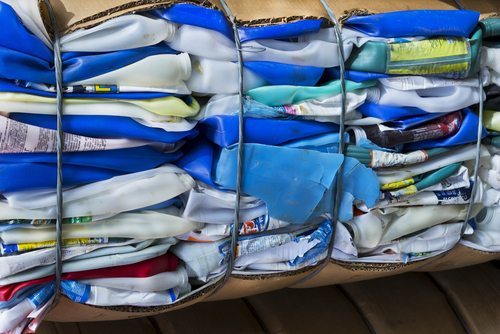 The Association of Plastic Recyclers has launched a program aimed at increasing demand for post-consumer polyethylene and polypropylene by having companies commit to using recycled content in pallets and other internal items.
The Association of Plastic Recyclers has launched a program aimed at increasing demand for post-consumer polyethylene and polypropylene by having companies commit to using recycled content in pallets and other internal items.
 Municipal programs in the Pacific Northwest continue to feel the impacts of China’s import restrictions, and multiple local programs are halting acceptance of certain materials in response.
Municipal programs in the Pacific Northwest continue to feel the impacts of China’s import restrictions, and multiple local programs are halting acceptance of certain materials in response.
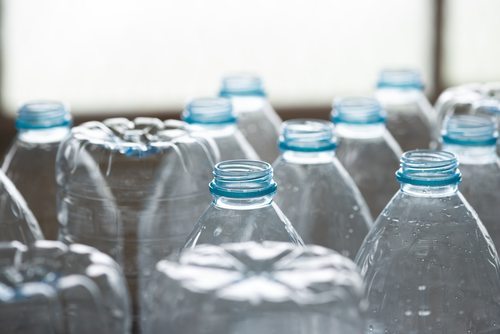 In a bid to reduce contamination in the recycling stream, California lawmakers have revised the state’s definition of polyethylene terephthalate (PET) to exclude the glycol-modified version of the resin PETG. The change means products made from the altered plastic are barred from using resin code No. 1.
In a bid to reduce contamination in the recycling stream, California lawmakers have revised the state’s definition of polyethylene terephthalate (PET) to exclude the glycol-modified version of the resin PETG. The change means products made from the altered plastic are barred from using resin code No. 1.
 A federal grand jury has indicted a Wisconsin man on charges he fraudulently obtained millions of dollars for his planned recycling business.
A federal grand jury has indicted a Wisconsin man on charges he fraudulently obtained millions of dollars for his planned recycling business.
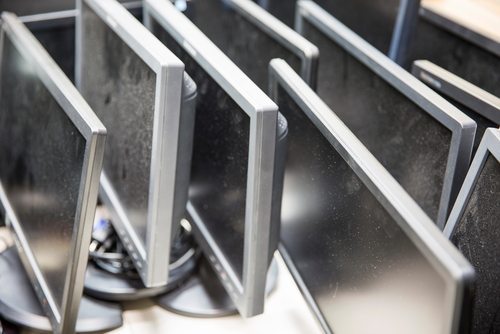 Washington state regulators have fined an electronics recycling company for the second time, alleging Total Reclaim stockpiled flat-panel devices in trailers in Seattle.
Washington state regulators have fined an electronics recycling company for the second time, alleging Total Reclaim stockpiled flat-panel devices in trailers in Seattle.
 Site stability uncertainties are complicating a MRF construction project in Charleston County, S.C.
Site stability uncertainties are complicating a MRF construction project in Charleston County, S.C.
